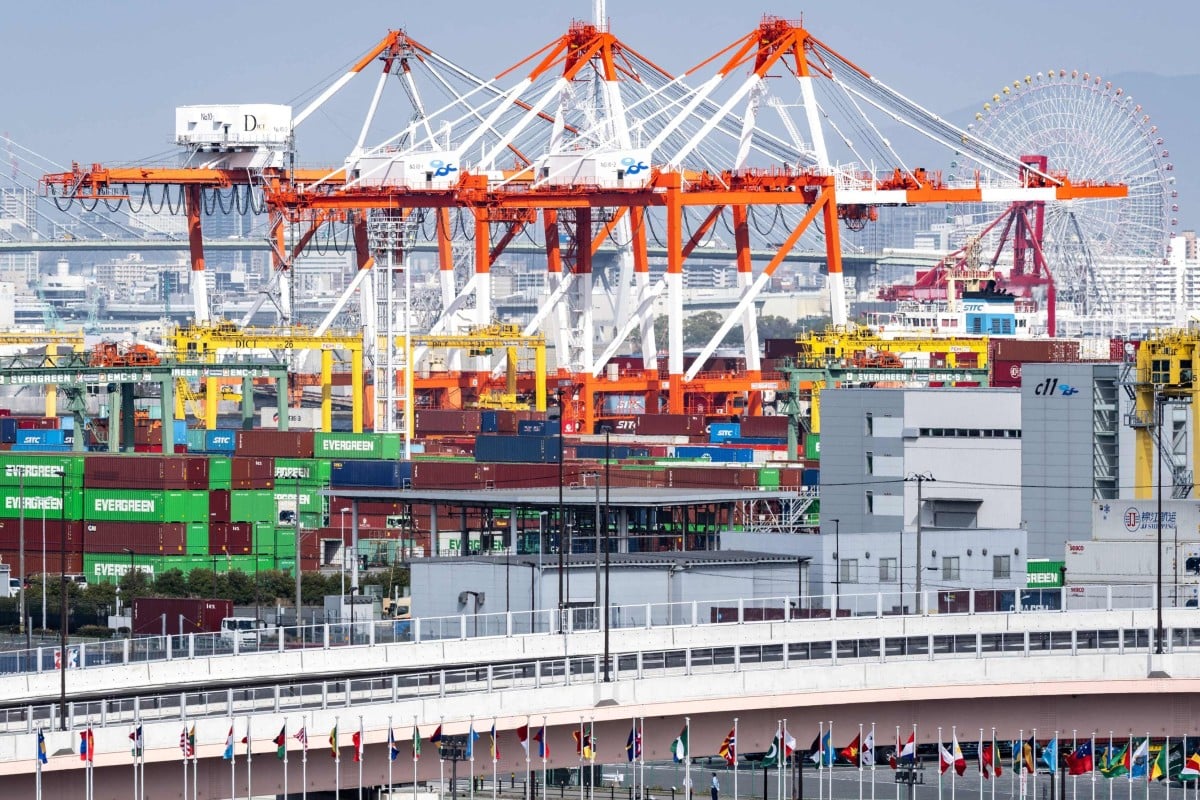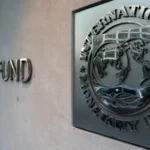China has reportedly reached out to Japan, urging it to join forces in opposing sweeping U.S. tariffs under President Donald Trump. However, analysts say Tokyo is unlikely to align with Beijing, prioritizing its long-standing security alliance with Washington over any potential economic collaboration with China.
According to Kyodo News, Chinese Premier Li Qiang sent a letter to Japanese Prime Minister Shigeru Ishiba proposing that the two nations “fight protectionism together.” With Japan and China ranking among the world’s top three economies, Beijing may believe a joint stance could pressure the U.S. to roll back its aggressive trade measures — including the 145% tariffs currently targeting Chinese imports.
Japan itself is grappling with a 25% tariff on all vehicle and auto parts exports to the U.S., and a proposed 24% tariff on other goods, which has been temporarily paused for 90 days. Japanese officials are working toward exemptions, but they remain concerned that the auto tariffs — potentially devastating for domestic manufacturers — could remain unless Tokyo makes concessions, particularly on U.S. access to its car and agricultural markets.
Despite the mounting economic strain, analysts say any suggestion of a Japan-China alliance is politically implausible.
“There is no way that Japan could team up with … China in this trade dispute with the U.S.,” said Ryo Hinata-Yamaguchi, an associate professor at Tokyo International University’s Institute for International Strategy. “China is Trump’s biggest target and if Japan gave any suggestion that it was considering tying up with China to resist him then the reaction from Washington would be quick and powerful.”
He added that Beijing’s proposal might be more about unsettling Japan’s ties with the U.S. than seeking genuine cooperation: “It may have been put forward in part to cause difficulties in Tokyo’s relations with Washington as they appear to be making progress in their bilateral trade talks.”
The timing of China’s offer is notable. Tetsuo Saito, leader of the ruling Liberal Democratic Party’s coalition partner Komeito, is in Beijing for high-level talks. On Tuesday, he met with Liu Jianchao, head of the Communist Party’s international department, and emphasized the need for strategic cooperation to support peace and prosperity — though U.S. tariffs are likely to top the agenda, South China Morning Post reported.
Saito also carried a letter from Ishiba to Chinese President Xi Jinping, though the contents remain undisclosed. Meanwhile, back in Tokyo, Ishiba met with newly appointed U.S. ambassador George Glass to reaffirm their commitment to the Japan-U.S. security alliance and discuss ongoing trade negotiations.
Japan has taken a proactive approach with the Trump administration, becoming the first country affected by the sanctions to initiate substantive trade discussions. Tokyo is betting that being a “first mover” may help secure more favorable terms — especially amid Trump’s calls for Japan to increase payments for hosting U.S. troops.
Trade and security, however, are becoming increasingly intertwined. During his first term, Trump demanded higher contributions from Japan for stationing U.S. forces, and he is now signaling a return to that stance. While Ishiba has argued for separating trade from defense discussions, the pressure is mounting.
Ben Ascione, assistant professor at Waseda University, noted that Trump’s threat to reduce the U.S. troop presence in Japan — potentially undermining the 1951 Japan-U.S. security treaty — would be a “nuclear option” likely to face resistance in Washington. “Many of the scenarios that we are talking about today would have been impossible to imagine six months ago,” he said. “We cannot say that there is a non-zero possibility of that happening.”
Ascione dismissed the idea that Japan would partner with China but acknowledged that a broader coalition of pro-free trade nations might be more effective in resisting Trump’s approach. “Trump’s entire trade logic is completely divorced from reality and operates below the level of rational thought,” he said. “Trump is talking about a return to a ‘golden age’ for the U.S. when, in reality, tariffs have only caused a lot of economic damage in the past.”
While forming a coalition involving China, Japan, South Korea, Australia, and Southeast Asian nations remains politically challenging, Ascione sees a potential upside. “Trump’s tariffs have been so destructive already that maybe the huge shock they have caused will show more governments the importance of cooperation,” he said.
Ironically, many of the market access issues the U.S. is now pressing Japan on — such as autos and rice — were already addressed in the 2016 Trans-Pacific Partnership. The U.S. was initially a member of that 11-nation trade pact before Trump withdrew days after taking office.






